It’s about balanced eating-forget clean eating
Undernourished teenage girls need saturated fats for essential body functions like hormone regulation and menstruation, as a pediatric endocrinologist once emphasized while I worked with a client battling a severe eating disorder. This insight shifted my perspective on nutrition, underscoring the importance of balance for both those with eating disorders and individuals managing weight issues.
Over-restricting “fun foods” like quick-digesting carbs or labeling foods as “good” or “bad” can lead to under-fueling, harming both physical and mental health. Promoting balanced eating habits is essential to preventing malnutrition and supporting overall well-being at any age.
